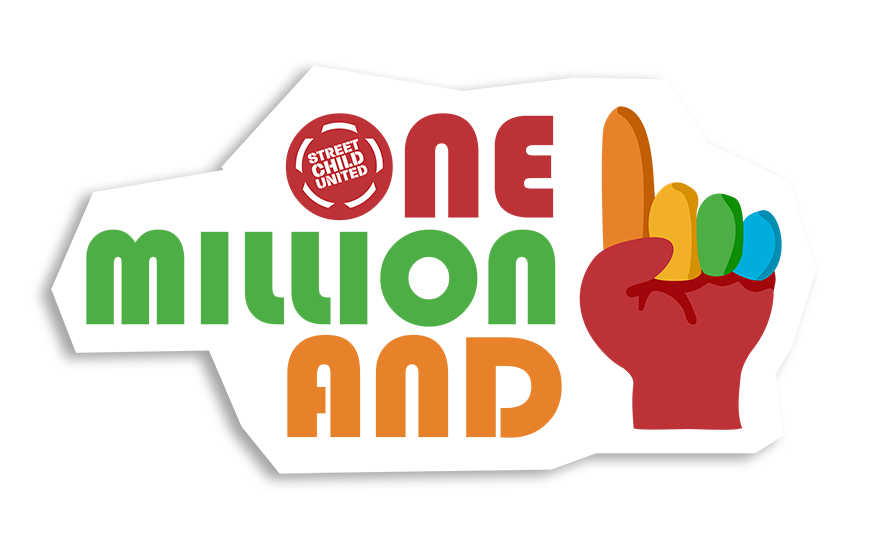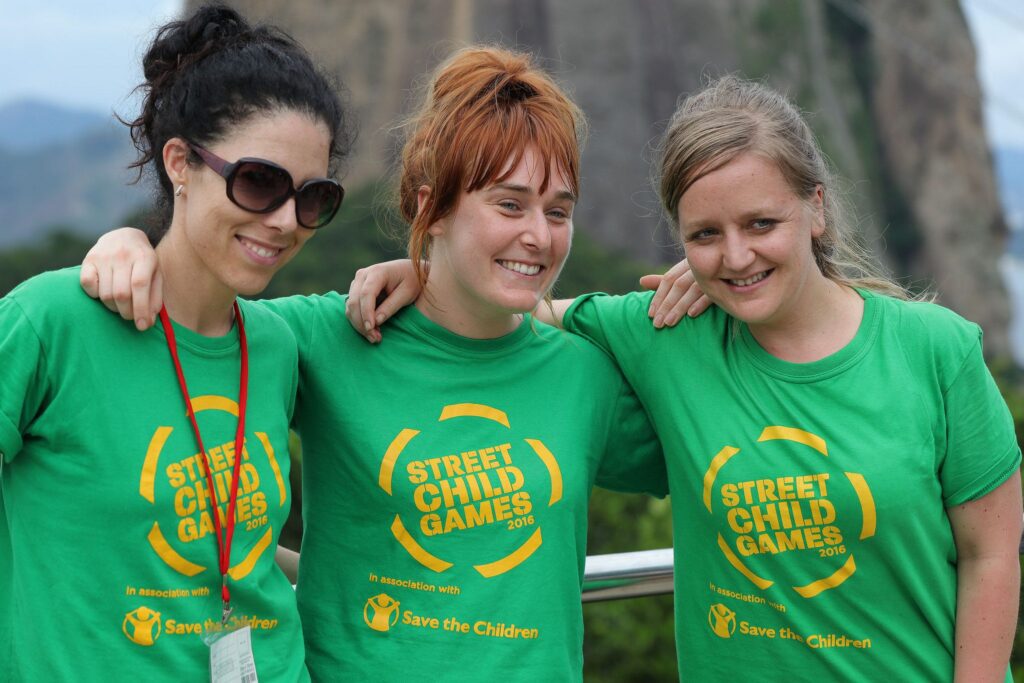A global audience for street-children worldwide
We use the power of sport to provide a global platform for street children, so they can demand the protection, support, and opportunities every child needs.
It's estimated that there are 150,000,000 children living and working on the streets.
We help them demand their rights.
762 Lives changed
Leaving home for the first time, having so many people believe in you, believing in yourself.
Legal IDs secured
SCU has successfully secured passports thereby all rights of citizenship for every child attending SCU events
12 Governments reached
12 teams have been able to take their young people’s messages directly to their governments and demand change.
World Cups
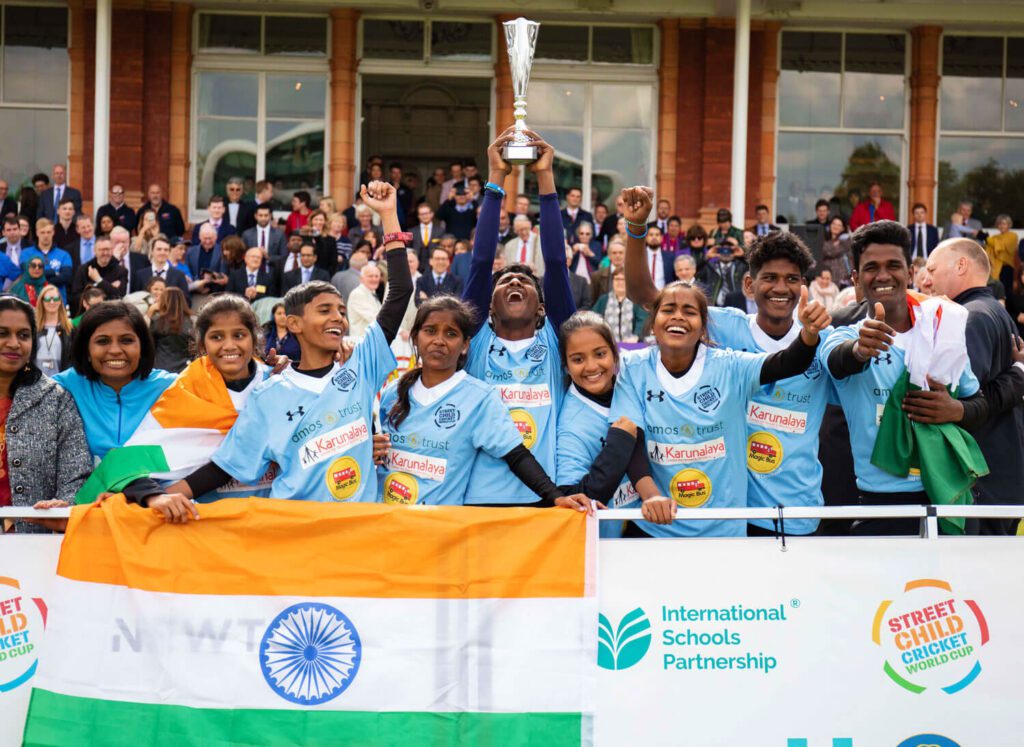
Street Child Cricket World Cup, 2023 🏏
Hosted in partnership with Shree Dayaa Foundation, the Street Child Cricket World Cup 2023 took place in Chennai, India from the 23rd – 30th September. 19 teams representing 14 countries came together for an incredible event to champion the rights of street-connected children worldwide…
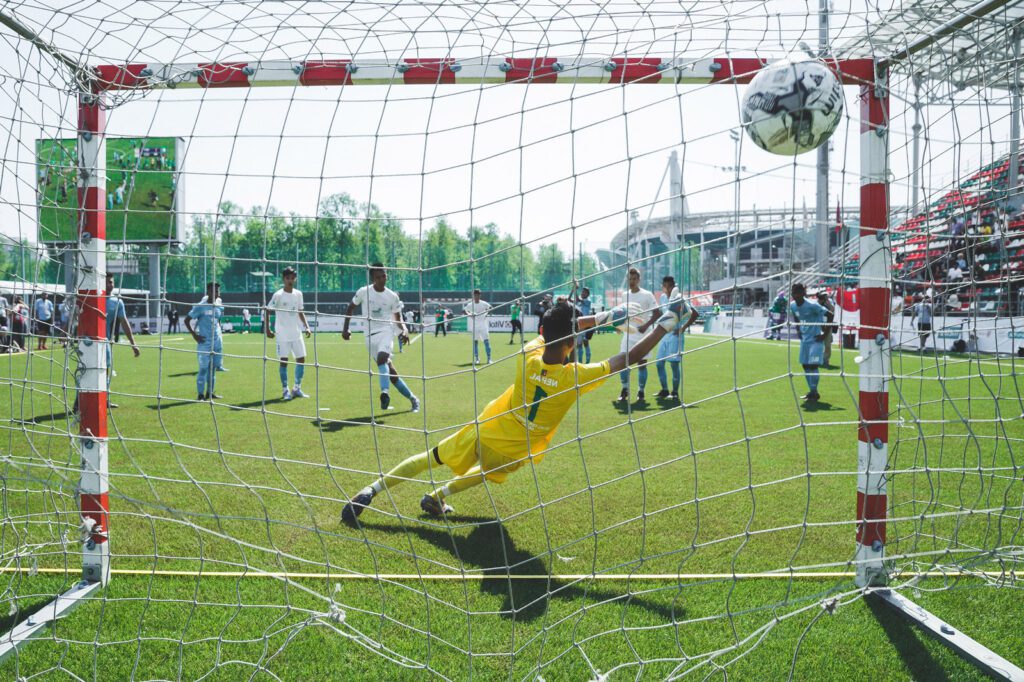
Street Child World Cup, 2022 ⚽
Hosted in partnership with Qatar Foundation, 28 teams came together in Doha from the 8th – 15th October for a football tournament, art festival and congress; all designed to put the spotlight on children living in street-situations worldwide.
One Million and One
Join us to secure 1.000.001 legal identities by the World Cup '26
Registering a child’s birth is the first step in safeguarding human rights. One Million and One is a global movement that seeks to secure one million and one legal identities for children living in street situations before the 2026 World Cup hosted in North America.
Get involved!
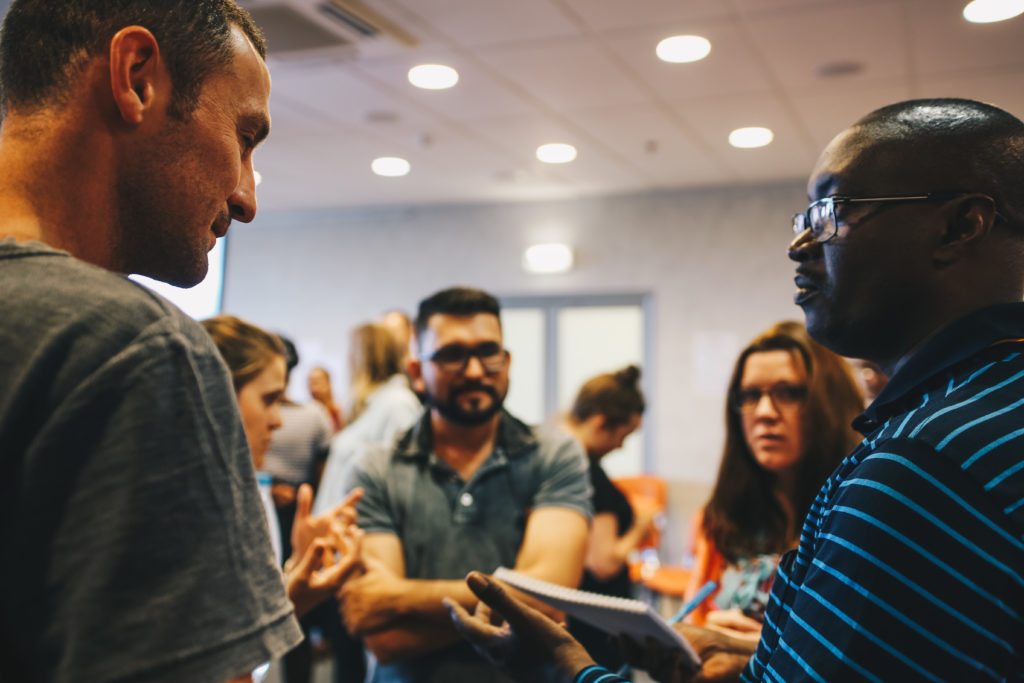
Company Sponsorship
Your company can make a difference to the lives of street children…
What's new?

Street Child United and Callan Online partner to empower Young Leaders through English education.
Street Child United (SCU) is delighted to announce that Callan Online, a division of the esteemed Callan Method Group, will be providing…
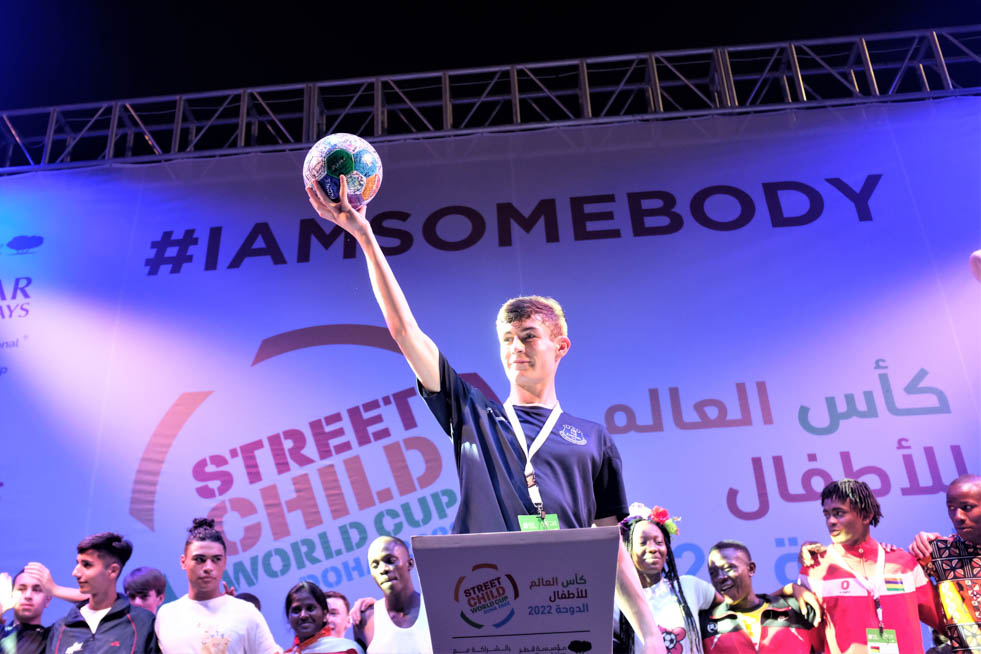
Ready to inspire – the new cohort of SCU Young Leaders
Empowering tomorrow’s leaders: inside SCU’s Young Leader Programme.
